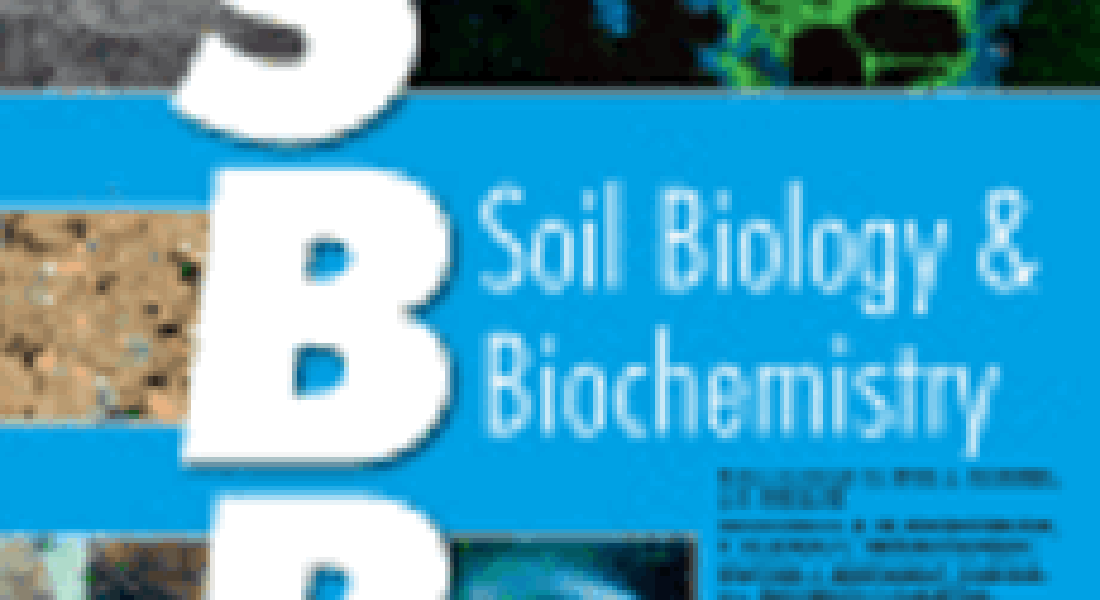New paper out led by Silva Nova PhD student Kostantinos Georgopoulos.

“Reduction of forest soil biota impacts tree performance but not greenhouse gas fluxes” https://doi.org/10.1016/j.soilbio.2024.109643
“In this research we investigated the effects of decreasing community size fractions (i.e. filtering out soil biota based on size) on tree performance and mesocosm greenhouse gas fluxes, namely CO2, N2O and CH4.
Our results highlight that, despite inoculating black alder trees with increasingly simplified soil communities from young or mature forests, the communities that actually associated with the roots of trees differed only based on forest development stage but not community size fractions.
Interestingly, filtering out soil biota from mature forests increased the biomass production of trees but removing soil biota in general did not affect GHG fluxes likely due to functional redundancy.
Much like our previous publication, an interesting find was that in mature forests, the symbiotic success of Frankia alni, a ubiquitous nitrogen fixing actinobacterium that associates with alder, decreases as seen by the reduced amount of nodules formed on tree roots! Due to the nature of the study, it becomes clear that some form of soil biota (perhaps another symbiont?) is inhibiting this symbiotic process or perhaps replacing it entirely in later afforestation stages. This could be a very interesting topic to explore in future research” by K.G.
Congratulations to Kostantinos and colleagues!
